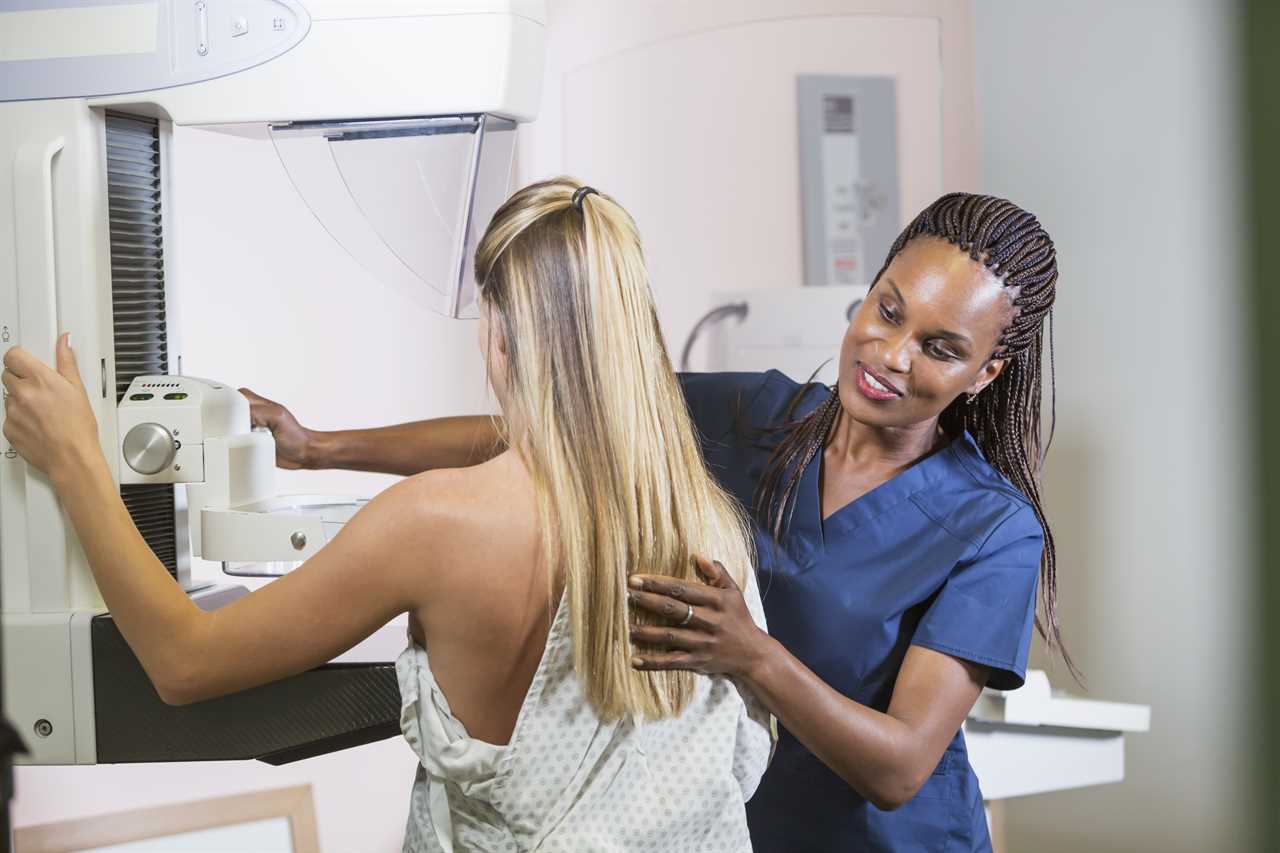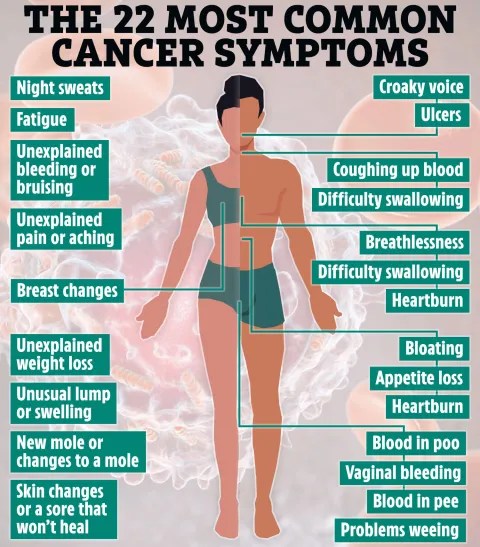
Identifying Cancer in its Silent Phase
Cancer can often go undetected in its early stages, making it crucial to catch it during its 'silent phase' for better chances of survival. Professor Justin Stebbing emphasizes the importance of early detection in ensuring the disease is confined and easier to treat.
The Tests You Need to Know About
Three free NHS cancer screening programs can help detect certain forms of the disease early on. Cervical screening, breast screening, and bowel cancer screening are essential for identifying potential issues before they escalate.
For Cervical Cancer
Cervical screening is offered to individuals aged 25 to 64 to check the health of cells in the cervix. Regular screenings can help detect human papillomavirus (HPV), a common virus that can lead to cervical cancer.
For Breast Cancer
Early detection is key for successful treatment of breast cancer. Mammograms can spot cancers when they're too small to be felt, improving the chances of recovery. Symptoms to watch out for include lumps, changes in breast shape, and nipple discharge.

For Bowel Cancer
Bowel cancer is the UK's second deadliest cancer, but survival rates are improving with early detection. Screening kits are offered every two years to individuals aged 60 to 74, making it easier to catch potential issues and increase successful treatment rates.
Other Tests and Symptoms to be Aware Of
While there is no nationwide screening for prostate cancer or lung cancer, it's important to be aware of potential symptoms like unexplained weight loss, persistent pain, and changes in bowel habits. If you notice anything unusual, it's essential to speak to your doctor for further evaluation.






